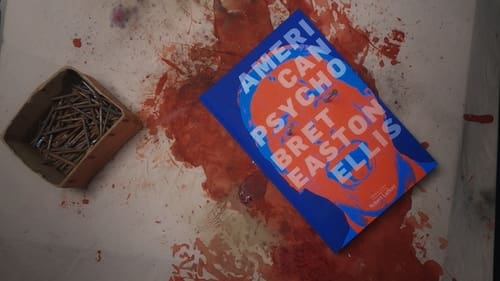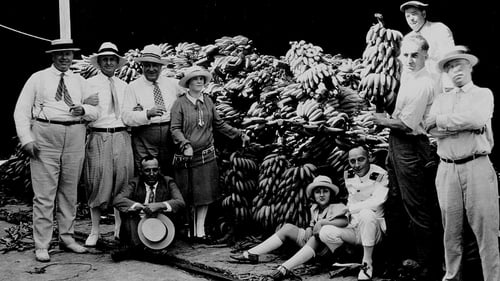
Producer
In 1991, American Psycho, the third novel by controversial writer Bret Easton Ellis, provoked heated discussions among critics and readers alike; an extraordinarily disturbing book that transported its readers into the mind of Patrick Bateman, a cynical mergers and acquisitions executive obsessed with brands, inconsequential details, pop culture and brutal murder.

Producer
Pauline Horovitz has been filming her father since 2009. In this new chapter with hints of a bittersweet documentary comedy, the hero, a former doctor “programmed” to work, takes advantage of his retirement to become an actor. Following the first steps of this liberating new life, the daughter-filmmaker watches her “creature” escape her…

Producer

Producer
The abusive harvest of a simple fruit built an empire: the United Fruit Company. A fruit that conquered the markets of the world, but devastated Central America. The amazing story of the banana: pioneers of globalized capitalism, dictators of banana republics, revolutionaries, the inventor of modern advertising, tons of bananas, bloody shades of yellow. The story of a ruthless enterprise, without borders or rules to respect, except the cruel law of supply and demand…

Producer
In 1926, Buster Keaton was at the peak of his glory and wealth. By 1933, he had reached rock bottom. How, in the space of a few years, did this uncontested genius of silent films, go from the status of being a widely-worshipped star to an alcoholic and solitary fallen idol? With a spotlight on the 7 years during which his life changed, using extracts of Keaton’s films as magnifying mirrors, the documentary recounts the dramatic life of this creative genius and the Hollywood studios.

Producer

Producer
Olmany, Terebejov, Gorodnaïa: Three villages in the Stolyn district, Belarus, 200 kilometers from Chernobyl. In this area, the radiation rate was considered too low to justify the systematic evacuation of the population. Sixteen years after the disaster, life continues in a seemingly unchanged landscape. These farming communities face an invisible threat on a daily basis.




